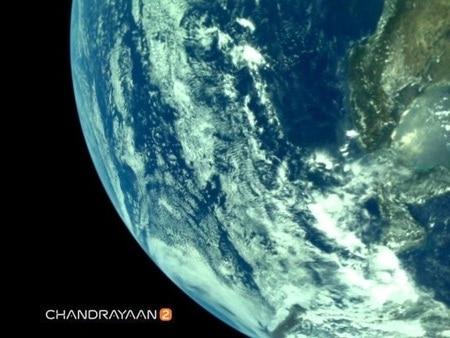Cygnus undocks from ISS, will remain in orbit for five more months
Northrop Grumman’s Cygnus cargo capsule has undocked from ISS, but will remain in orbit until December.
First, the capsule, dubbed the S.S. Roger Chaffee, will deploy a bunch of cubesats and nanosats. Then,
Northrop Grumman plans several months of long-duration spaceflight experiments using the Cygnus spacecraft after release of the CubeSats. Four miniaturized control moment gyroscopes are flying on the cargo freighter for the first time, and engineers will assess their performance in controlling the spacecraft’s pointing without consuming rocket fuel.
Ground teams also want to evaluate how the Cygnus spacecraft’s avionics function on a long-duration mission, and Northrop Grumman plans to demonstrate dual Cygnus operations for the first time after the launch of the company’s next resupply mission — NG-12 — in October.
Northrop Grumman has gotten a NASA contract to use Cygnus as the basis for the habitable module of NASA’s Lunar Gateway project, and this extended flight is a way to test the engineering for that module now during operations.
Though I continue to have many doubts about Gateway, I laud Northrop Grumman for this approach. It speeds things up and saves money.
Northrop Grumman’s Cygnus cargo capsule has undocked from ISS, but will remain in orbit until December.
First, the capsule, dubbed the S.S. Roger Chaffee, will deploy a bunch of cubesats and nanosats. Then,
Northrop Grumman plans several months of long-duration spaceflight experiments using the Cygnus spacecraft after release of the CubeSats. Four miniaturized control moment gyroscopes are flying on the cargo freighter for the first time, and engineers will assess their performance in controlling the spacecraft’s pointing without consuming rocket fuel.
Ground teams also want to evaluate how the Cygnus spacecraft’s avionics function on a long-duration mission, and Northrop Grumman plans to demonstrate dual Cygnus operations for the first time after the launch of the company’s next resupply mission — NG-12 — in October.
Northrop Grumman has gotten a NASA contract to use Cygnus as the basis for the habitable module of NASA’s Lunar Gateway project, and this extended flight is a way to test the engineering for that module now during operations.
Though I continue to have many doubts about Gateway, I laud Northrop Grumman for this approach. It speeds things up and saves money.

